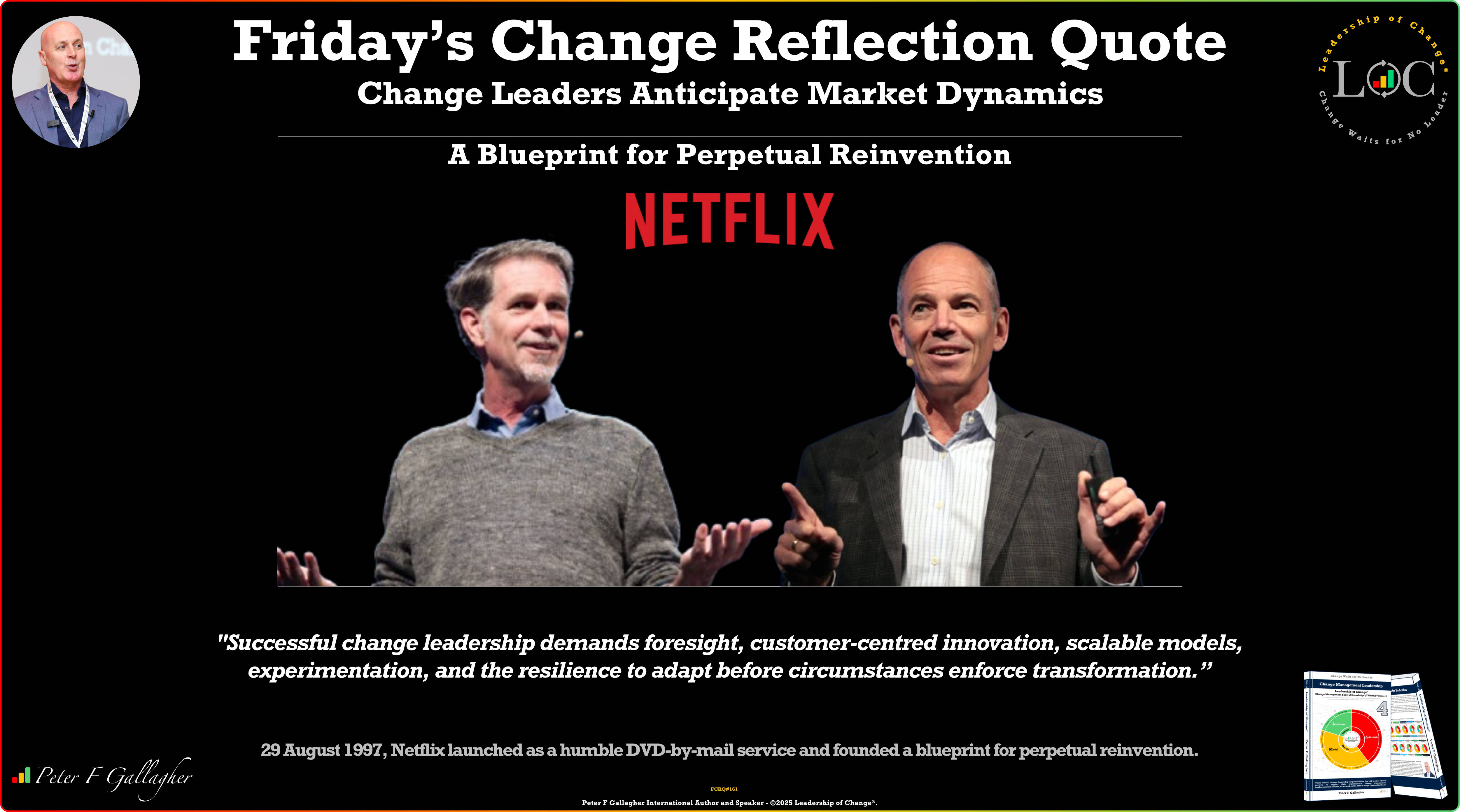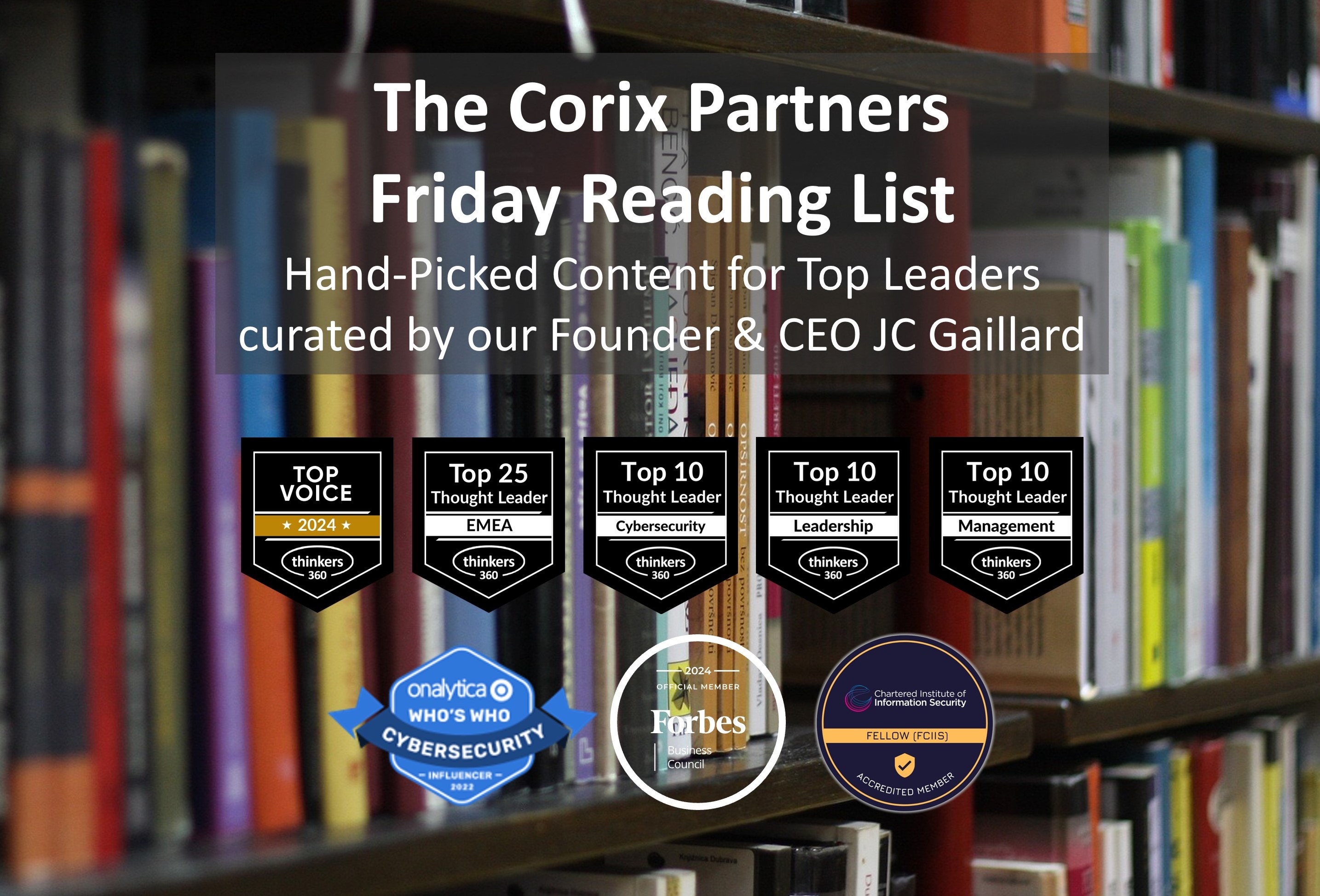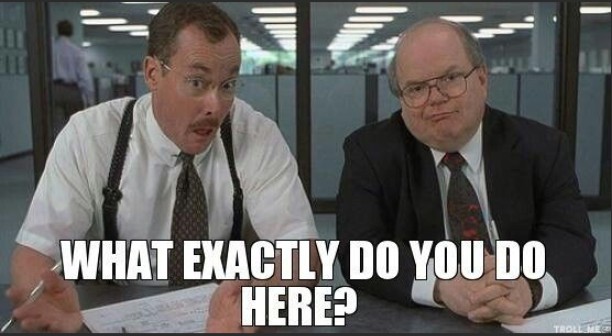Aug29

AI is fast becoming a key component in the recruitment landscape, and according to UK government statistics, 48% of agencies nationwide have adopted the technology in some form.
Crucially, the technology can take a leading role in overcoming the damaging impact of unconscious bias when it comes to traditional processes within the industry.
The use of artificial intelligence when it comes to candidate sourcing, screening, and selection can empower more adopters to gain greater accuracy when recruiting the best candidates for roles. But can recruitment agencies embracing AI really outperform industry professionals in the candidate vetting process? Let’s explore the qualities and considerations that artificial intelligence brings into the mix:
Predictive analytics significantly improves the level of control recruiters have in the talent acquisition process. Rather than assessing candidates based on their experience and CV information, AI has the ability to forecast how each prospective hire would perform in specific roles and working environments.
Amazon is already deploying predictive analytics within its recruitment processes and is capable of anticipating candidate success while also improving diversity outcomes. This helps to underline how data-driven approaches can overcome unconscious bias in recruitment, assessing candidates based on their ability to perform well.
Data-driven approaches to predicting candidate performance lean on historical hiring data to uncover patterns that are linked to long-term employee satisfaction and performance.
Artificial intelligence is helping to streamline traditional recruitment processes by automating job postings, candidate sourcing, applicant screening, and interviewing in a way that can unlock greater efficiency among recruiters in other areas of the industry.
Crucially, AI is capable of screening candidates in a way that’s free of biases based on irrelevant demographic information or other prejudices based on educational institutions or prior experience.
This not only improves the time to hire for vacancies, but also the rollout of large language models (LLMs) and machine learning (ML) tools means that scores of CVs can be fairly assessed at a rapid pace, meaning that no candidate loses out because recruiters are struggling to cope with high applicant volumes.
However, AI algorithms are only as intelligent as the datasets they’re trained on. This means that if they are exposed to biased data, they’re more likely to generate biased results. To counter this, it’s always worth deploying a more collaborative approach to candidate screening by regularly reviewing the performance of AI tools.
The great thing about AI is that the technology isn’t simply capable of screening candidate CVs; it’s also able to conduct video interviews to assess the soft skills of prospective hires.
One tool developed by micro1 leverages a fully conversational AI interviewer to accurately assess both the technical skills and soft skills of candidates via a dynamic, real-time process.
Rather than sifting through CVs, the technology provides applicants with the opportunity to showcase their qualities in a fairer format that can help to illustrate their full suite of skills.
Again, this means that fewer candidates will be wrongfully rejected despite being a high-quality fit for roles. Instead, AI interviewers can offer adaptive questioning that helps candidates support their self-reported credentials, meaning that more underrepresented groups, career switchers, and unconventional applicants will have the opportunity to sell themselves for the vacancy.
For HR leaders, artificial intelligence tools can also help to support decision-making processes throughout the hiring and onboarding of new employees.
Intuitive platforms support AI in HR and offer the opportunity to delegate core tasks and queries while instantly locating materials to help support decisions and draft responses to sensitive issues or emerging problems that need to be addressed.
This can help more decision-makers to quickly determine the best course of action in the candidate screening and interview process, where the technology can not only compare credentials against house styles but also assist with candidate queries throughout the hiring process.
These tools can also streamline the subsequent onboarding process and offer a more adaptive approach to welcoming a new recruit to a team, regardless of their skillset, background, or experience.
Is AI better than you when it comes to vetting candidates? Given that artificial intelligence is only as smart as its developers and the datasets it’s trained on, the answer is: it depends. Despite this, even the most resourceful artificial intelligence programs in the world are made more efficient when used in a collaborative way with experienced industry professionals.
As a result, the future of AI in recruitment will be collaborative, with data helping to support the decision-making process in a way that counters unconscious biases and long-standing inefficiencies that can sometimes cause skilled candidates to be overlooked.
In this collaborative future, all parties stand to benefit, from recruiters seeking to stamp out unconscious bias to the skilled candidates that deserve a fair chance.
Keywords: AI
 Is AI Really Better Than You at Candidate Vetting? How Technology is Overcoming Age-Old Obstacles in Recruitment
Is AI Really Better Than You at Candidate Vetting? How Technology is Overcoming Age-Old Obstacles in Recruitment Friday’s Change Reflection Quote - Leadership of Change - Change Leaders Anticipate Market Dynamics
Friday’s Change Reflection Quote - Leadership of Change - Change Leaders Anticipate Market Dynamics The Corix Partners Friday Reading List - August 29, 2025
The Corix Partners Friday Reading List - August 29, 2025 The Real Reason Your Clients Keep saying No (and it's not what you think)
The Real Reason Your Clients Keep saying No (and it's not what you think)  Citi‑Zen: Synthesizing Ancient Wisdom and Quantum Futures for a New Planetary Order
Citi‑Zen: Synthesizing Ancient Wisdom and Quantum Futures for a New Planetary Order